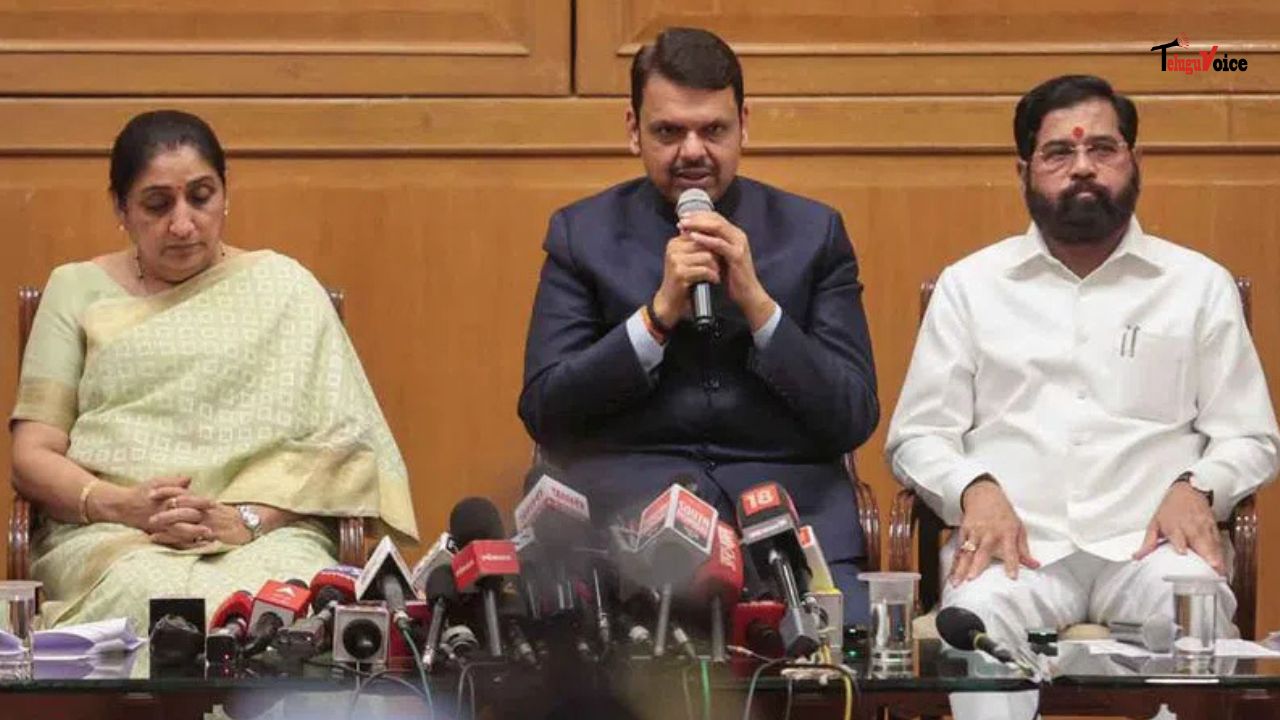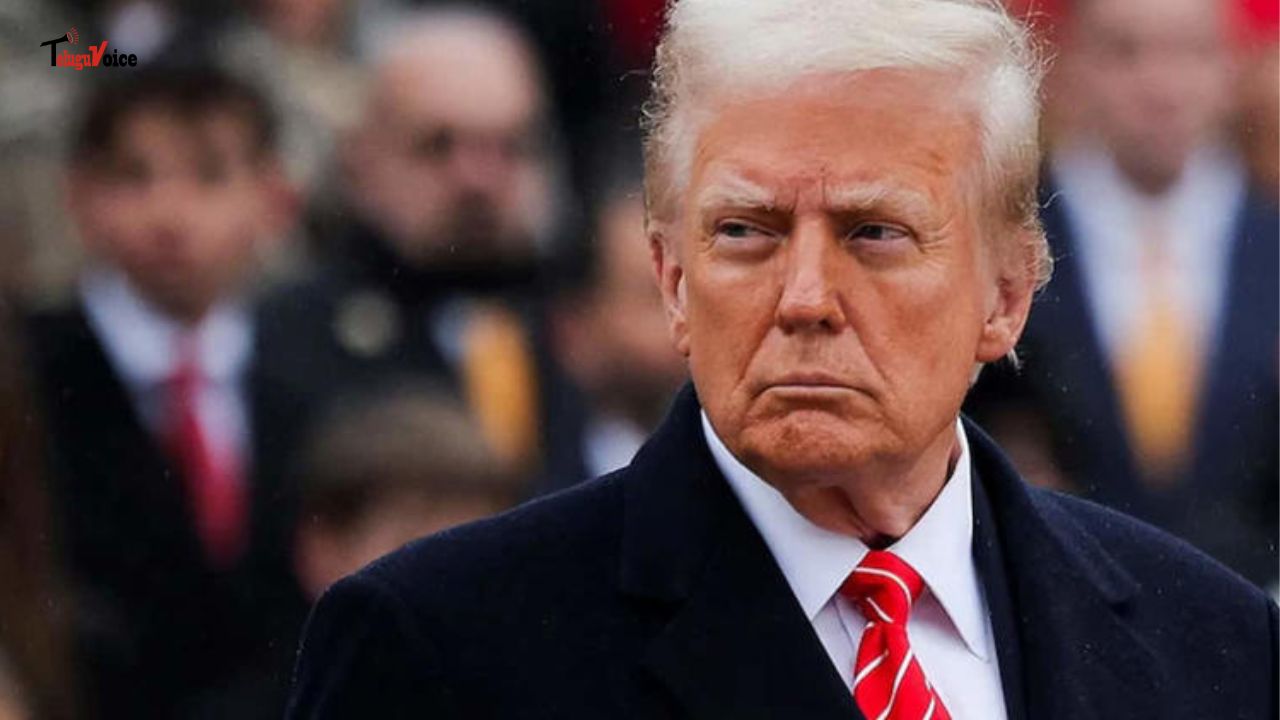Political Unrest Grips Delhi: Kejriwal's Arrest Sparks Protests and Controversy

The arrest of Delhi Chief Minister Arvind Kejriwal has ignited a storm of protests and controversy in the capital. AAP members found themselves detained as they voiced their opposition to Kejriwal's detention in the liquor policy case. In response, AAP has announced plans for a "gherao" of Prime Minister Narendra Modi's residence, triggering a counter-protest led by the BJP, demanding Kejriwal's resignation.
Despite his custody until March 28, Kejriwal has continued to assert his authority, issuing directives on various government matters, including water and health department issues. Delhi's Health Minister, Saurabh Bharadwaj, has highlighted Kejriwal's unwavering focus on the welfare of the people, even in his current situation.
The BJP has vehemently criticized Kejriwal's actions, accusing him of clinging to power opportunistically and demanding his resignation. BJP MPs have questioned Kejriwal's ability to govern effectively while incarcerated, labeling his governance from jail as self-serving.
While legally, Kejriwal can continue his duties as CM until convicted, experts caution that managing affairs from jail presents significant logistical challenges. Amidst the political turmoil, Kejriwal's wife, Sunita, is poised to participate in an INDIA bloc protest against his arrest on March 31 at Ram Leela Maidan, underscoring the widespread unrest and polarization gripping Delhi's political landscape.

 South Africa tour of India 2019
South Africa tour of India 2019










Comments